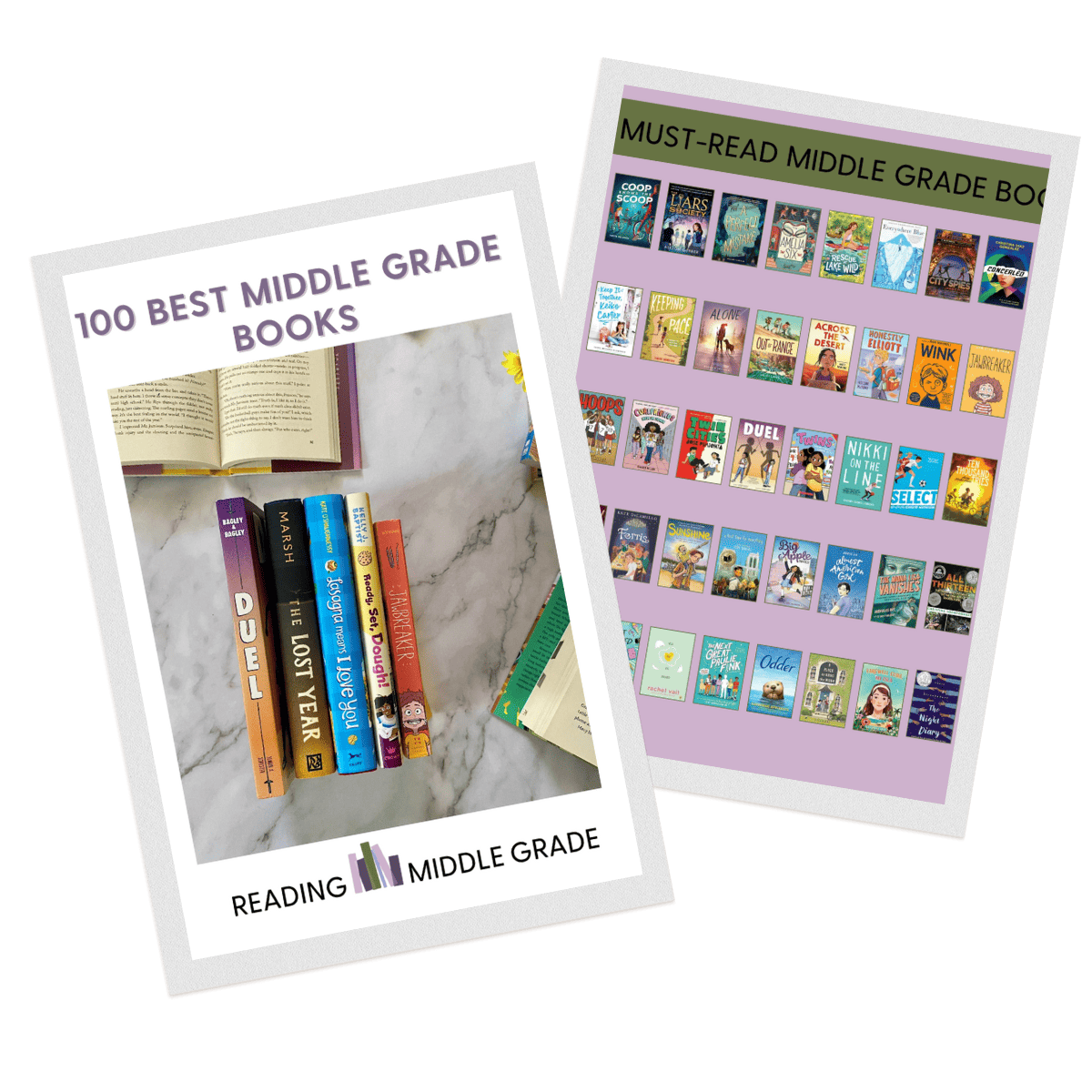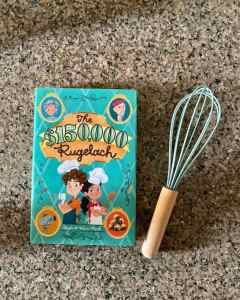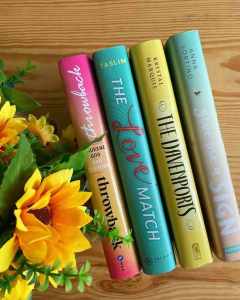I’m Telling the Truth, But I’m Lying: Essays by Bassey Ikpi is out TODAY! If you (for some reason) did not pre-order, check out my review to see why you should be buying this book ASAP (like right now).

I’m so happy to be talking to Bassey about her path from poetry to non-fiction. She shares a bit about the conceptualization of her book’s cover and which essay was the most challenging to write. We also talk about how to navigate writing your story without encroaching on the rights of others to share their own story or not.
Hi Bassey, thanks so much for agreeing to this interview! I’ve read your essay collection and can’t wait for the world to get to read it soon too!
This collection is heavy, but so refreshingly honest. I know you began working creatively as a poet, but what drew you to non-fiction? Why did you decide to start with an essay collection?
Thank you! I stopped writing poetry a few years ago. I think the reasons I began to write it changed and I needed a little bit more room to tell the stories I wanted. But I was never really in love with poetry. I was more attached to the expression.
Non-fiction came because I’m terrible at fiction. I wanted to write fiction first and tell these really complex and intimate stories — fiction felt like a good place to hide. But I’m really very, very bad at writing fiction. I don’t know what it is but I get confused even trying to come up with character names.
As for why I started this particular book, it’s complicated, but I did want to leave a mark on the world. When I started this book, I was coming out of a very deep depressive state and I wanted to document this life with bipolar disorder. I wanted people, mainly family members and friends, to understand what I was going through and what it felt like.
Sharing personal stories is a process. When/how did you know you were ready to tell these stories? How long did it take you to write these essays?
I think I’ve always wanted to share these experiences. As I said earlier, I wanted people to really understand — beyond a general list of symptoms — what it really felt like to go through these things and to live this life.
I don’t know if I was ready — or if I’m ever ready — but I’m glad I jumped over whatever fears I held to get it done. I think if I waited until I was ready, I would never have done it.
The essays varied: some of them I wrote over ten years ago, some three years ago and others just a few months ago. It took about ten months for the book that showed up to take form. I owe that to my editors and the people who helped me read the stuff I was producing.
Obviously, all of the essays are incredibly personal, but which essays were the most challenging for you to write/share, and why?
“Yaka” was the most difficult. It was the one that took the most time and care in edit. I actually cut out a large portion of it, and it was the only essay I did a lot of tailoring in. I muted the truth and smoothed out some of the facts.
Because I love my family very much, the last thing I wanted to do was be disrespectful or paint anyone in a purely negative light. Ultimately, I wanted it to be clear that I was writing out of kindness and not cruelty and that I was focused on how the lives of others affected mine. I didn’t want to tell stories I don’t have the permission to tell.
I love the cover of your book. Did you play any role at all in its conceptualization?
Isn’t it perfect? I wish I did! I didn’t like the first cover that was shown to me, but since I’m not a visual person, I didn’t know how to tell them what was wrong with it. But I just knew that I didn’t like it.
So I turned to a good friend of mine, Matthew McNerney, who is an award winning graphic designer, and asked him to help me articulate what I didn’t like it. He had read a few of the essays in progress and came back, less than three hours later, with six cover mock-ups that were much closer to what I wanted — one of them being the cover we ultimately chose.
Because he was a freelance artist, and not in-house, I had to introduce him and the ideas, and they couldn’t deny that it was just the most perfect version. I’m really happy that I fought for it and him. So many people try to discourage first time authors from things like that. I’m grateful for the authors and people who gave me the very strong advice: “This is your first book. Make it matter.”
My favorite essays are your stories about your complicated family relationships and those about your journey to a bipolar diagnosis and living with Bipolar II. Why was it so important to write about those (and other) difficult parts of your life?
In order for me to be as authentic as I needed to be, I had to tell as much of the story as I could. With my family and past relationships, I wanted to show how invasive your mental health issues can be. It doesn’t just affect you, it affects the people around you.
I would never diagnose anyone other than myself but I wanted to depict how we don’t exist in a vacuum. I also wanted to convey how much of mental health seeps into all aspects of a life. It doesn’t show up the way people who are unfamiliar might think it does.
Can you share anything about your next book? Will it also be an essay collection?
I haven’t started working on the next book but I do have a few ideas. I want to see how this book does and then figure out where to pick up the story. There are so many avenues and the potential to explore some subjects I only touched on in book one. I have a ton of ideas but I think they’ll all be essay collections. I don’t have the brain for a full length manuscript.
Thanks so much for taking the time to answer my questions, Bassey. I can’t wait for August 20!
Buy I‘m Telling the Truth, But I’m Lying: Essay
Meet Bassey Ikpi

Bassey Ikpi is a Nigerian-American writer and mental health advocate. Her debut essay collection, I’M TELLING THE TRUTH BUT I’M LYING, is forthcoming in August 2019 from Harper Perennial. Bassey is the founder of The Siwe Project, a mental health organization that centers Black and Brown people in an effort to spread mental health awareness. She currently lives in Maryland and is working on her next book.
Connect with Bassey on Twitter and on her website.
More Author Interviews
- Alicia D. Williams on Genesis Begins Again
- Esther Edoho on Moonflower
- Kristina Forest on I Wanna Be Where You Are
Are you hoping to read this essay collection by Bassey Ikpi? What are your favorite essay collections? If you’re on the lookout for books about mental health, you’ll love this list.











What do you think? Leave a comment